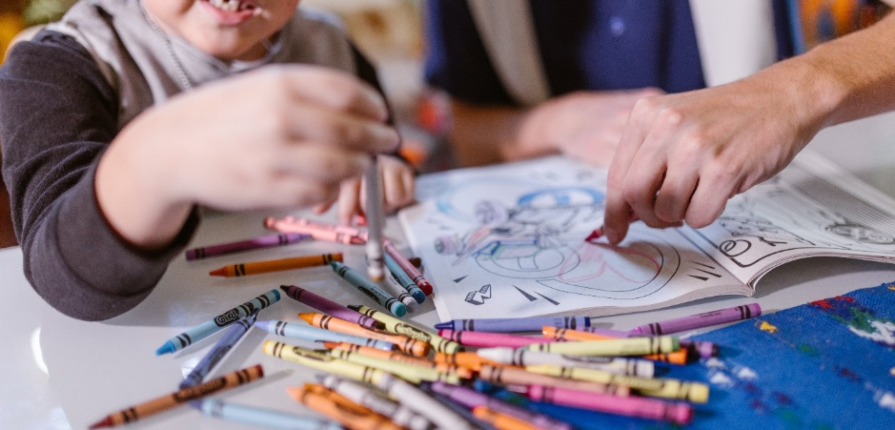The Montessori teaching method has been around for over 100 years and has proven to be one of the most effective ways to educate young children. In a Montessori classroom, the teacher serves as a facilitator of learning rather than a traditional teacher. This post will explore the important role of Montessori teachers and how they facilitate learning and growth in the classroom.
Creating a Prepared Environment
One of the main roles of a Montessori teacher is to create a prepared environment that fosters independence and exploration. The classroom is designed with materials positioned at the child’s level and is organized to promote self-directed learning. The teacher ensures the environment is calm, peaceful, and visually appealing to provide a space for children to focus and engage with their work.
Observing and Guiding
Montessori teachers are trained to observe each child’s unique learning style, interests, and abilities. They use this information to guide each child’s learning process, providing materials and activities to stimulate their curiosity and challenge them to grow. The teacher can provide guidance and support when children work independently.
Encouraging Independence
Montessori teachers encourage and foster independence in their students by teaching life skills, such as caring for their environment and personal hygiene. They respect the child’s individuality and allow them to explore and learn quickly. Children begin to develop the confidence and self-motivation necessary for future success by instilling a sense of ownership and responsibility.
Nurturing a Love of Learning
Montessori teachers strive to bring out the best in each child, building on their strengths and interests. They use various hands-on materials and activities to keep children engaged and excited about learning. By fostering a love of learning, children become intrinsically motivated to explore and expand their knowledge, setting them up for success in the future.
Building Strong Relationships
Montessori teachers understand the importance of building strong relationships with their students and families. They work collaboratively with parents, maintaining open communication and providing regular feedback about their child’s progress. By forming a positive relationship with each child, the teacher creates a safe and supportive learning environment where the child feels comfortable taking risks and making mistakes.
Final Thoughts
The role of a Montessori teacher is crucial in facilitating learning and growth in the classroom. Through carefully creating a prepared environment, observing and guiding each child’s unique learning style, encouraging independence, nurturing a love of learning, and building strong relationships, Montessori teachers provide children with a solid foundation for lifelong learning. By embracing the Montessori teaching philosophy, we are setting our children up for success in the future.
For more details, please contact Centerra Ranch Montessori School today.



